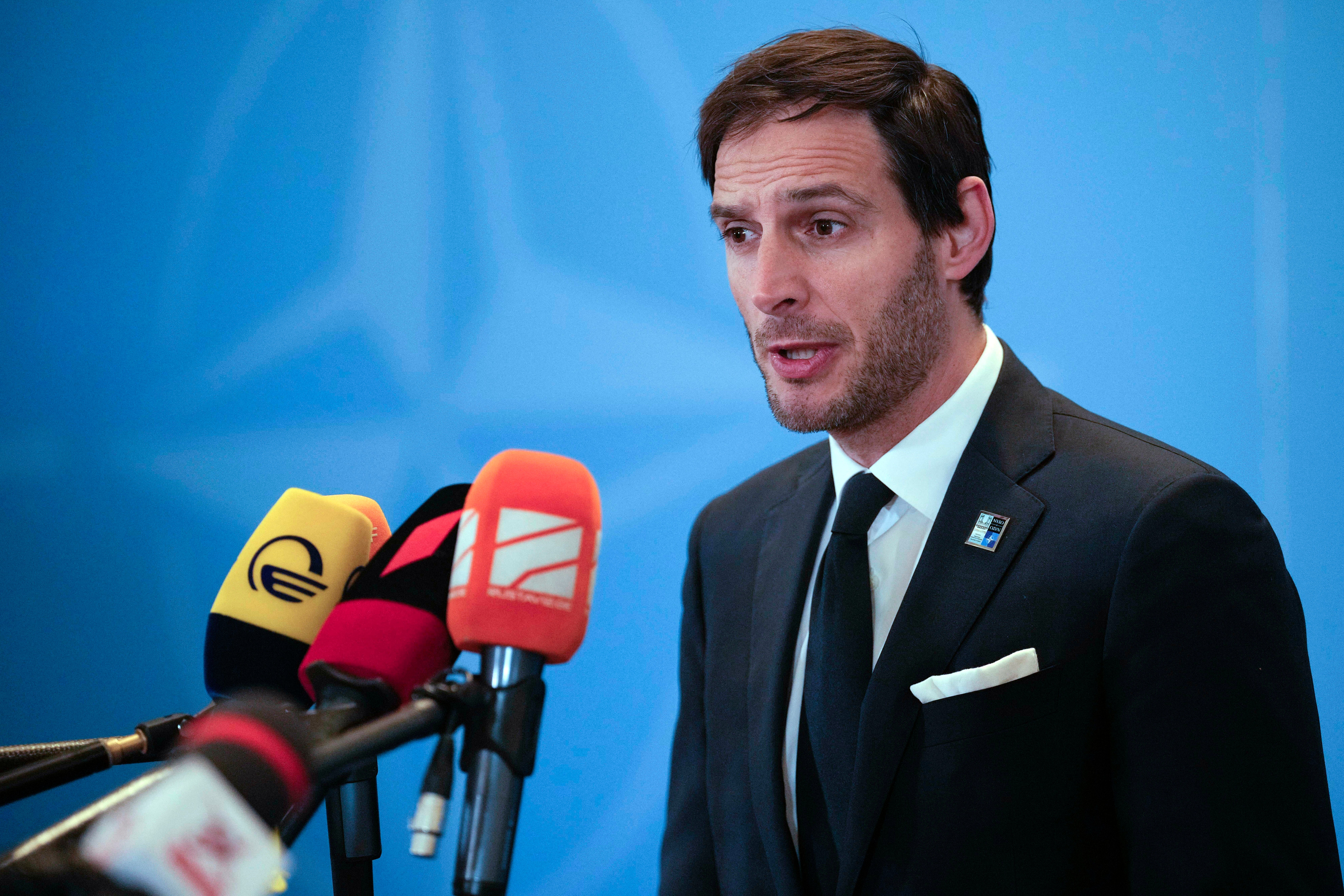Report uncovers widespread racism at Dutch foreign ministry
The top civil servant at the Dutch foreign ministry has apologized after an independent investigation found widespread racism at the government department in the Netherlands and at its diplomatic outposts around the world

Your support helps us to tell the story
From reproductive rights to climate change to Big Tech, The Independent is on the ground when the story is developing. Whether it's investigating the financials of Elon Musk's pro-Trump PAC or producing our latest documentary, 'The A Word', which shines a light on the American women fighting for reproductive rights, we know how important it is to parse out the facts from the messaging.
At such a critical moment in US history, we need reporters on the ground. Your donation allows us to keep sending journalists to speak to both sides of the story.
The Independent is trusted by Americans across the entire political spectrum. And unlike many other quality news outlets, we choose not to lock Americans out of our reporting and analysis with paywalls. We believe quality journalism should be available to everyone, paid for by those who can afford it.
Your support makes all the difference.The top civil servant at the Dutch foreign ministry apologized Monday after an independent investigation found widespread racism at the government department in the Netherlands and at its diplomatic outposts around the world.
“Racism cannot and should not have a place in our organization,” the ministry's secretary-general Paul Huijts said.
“We are sorry that we have apparently not been able to offer a work environment in which there is no place for this sort of occurrence," he said. "For that I offer, on behalf of the management board, our apologies.”
Civil servants called in an independent research bureau to investigate racism at the ministry following Black Lives Matter protests across the world and in the Netherlands.
The bureau's report said that racism at the ministry ranges “from aggressive, direct, overt and conscious to subtle, indirect, hidden, unintentional or unconscious — and that bicultural employees and locally hired employees of color experience various forms of racism.”
In a letter to lawmakers, Foreign Minister Wopke Hoekstra said it was “extra painful” to find racism at his ministry, “because every form of discrimination is prohibited and we advocate internationally for justice.” He said the ministry “will do everything we can to eliminate racism within our own organization.”
In 2020, amid the global reckoning with racism following the death of George Floyd at the hands of police in the United States, Prime Minister Mark Rutte conceded that racism was a problem in the Netherlands, a nation that has long considered itself a bastion of tolerance.
“There are also people living in the Netherlands who in that regard feel that they don’t fully fit in, that they can’t play a full role in this society,” he said at the time. “That is also a Dutch problem. There is racism here, too. There is discrimination here, too.”
Hoekstra said his ministry would adopt recommendations laid out in the report to tackle racism and make it easier for staff to report incidents.
“We stand for a ministry in which every member of staff is respected and valued,” he wrote in his letter to parliament.